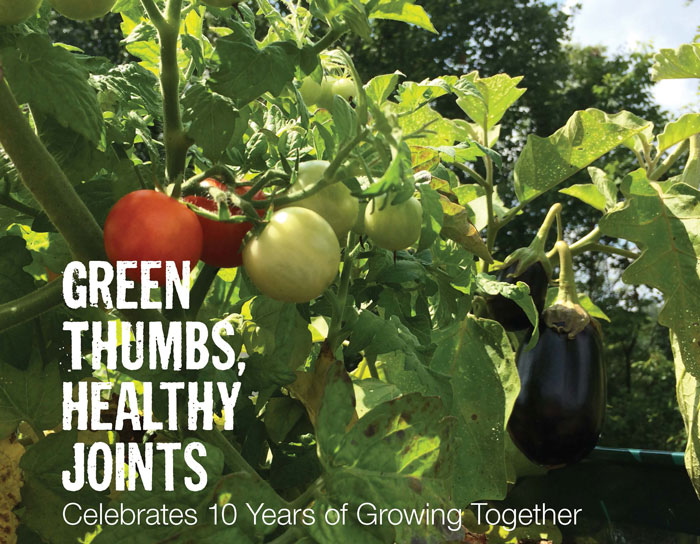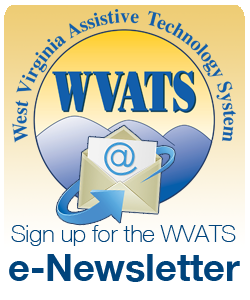Spring 2017
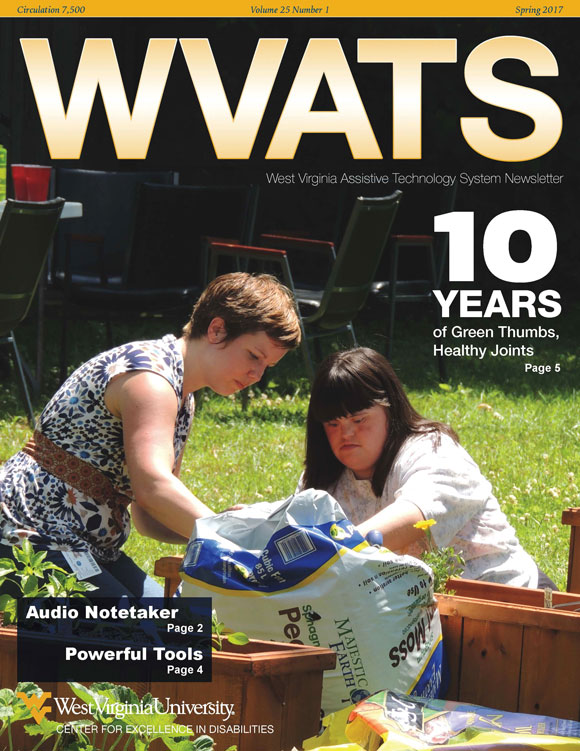
Articles: [Sonocent Audio Notetaker] [Powerful Tools] [Cover Story: Green Thumbs, Healthy Joints] [Music Therapy Program]
WVATS News
Sonocent Audio Notetaker
For many people, the act of taking notes can be a difficult task. People fall behind when taking notes for many reasons. These can include trouble spelling, poor handwriting, keeping up with the speaker and many other reasons. People of all abilities can have trouble taking notes.
Also, note-taking is not just for students. Professionals take notes during meetings. Forgetful people take notes during doctor appointments. There are many reasons to take notes, but there are only a few assistive technology options to help take them. In the past, these options included digital recorders, apps for recording on portable devices and LiveScribe pens. There is now an option for a note-taking software.
Sonocent Audio Notetaker is a software available for PC and Mac computers. It also has an app for Apple and Android devices. The software breaks audio recordings into chunks. This makes it easier for the user to find specific information in the recording. The user can also highlight chunks in different colors to mark important information. PowerPoint slides, pictures and text can also be included to add to the audio notes.
WVATS has partnered with Sonocent to offer 100 licenses of the software to people in West Virginia for a trial period. The WVATS/ Sonocent Pilot Project will run through July 31, 2017. Participants will complete a survey before receiving the license code for the software. The survey will help us understand who the users are and how they will be using the software.
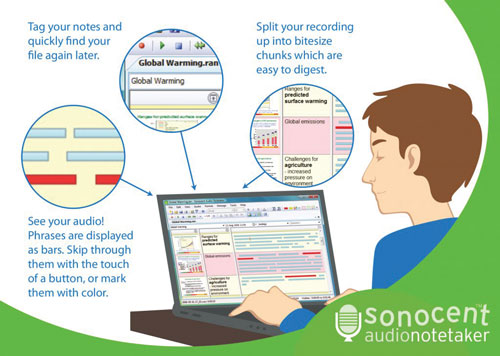
At the end of the project, participants will complete a final survey. This survey will tell us if the software was helpful and how it can be better.
For more information about the software, visit their website at www.sonocent.com.
For more information about the project, contact Jessi Wright at jdwright@hsc.wvu.edu.
To participate in the project, complete the survey at www.surveymonkey.com/r/WVATS.
Fair Housing and Reasonable Accommodation
The Fair Housing Act offers many ways to make sure people have an equal chance to access housing. Sometimes the issue is physical access to housing for people with disabilities. Other times, the policies of the housing facility can be a problem.
A person with a disability can ask for a change called a "reasonable accommodation" to help solve the problem, and allow an equal chance to use and enjoy the housing. A change to a rule, policy, practice or service can be a kind of reasonable accommodation.

The accommodation being requested and the individual's disability must be linked to be considered "reasonable." For example:
- A housing provider has a policy of not assigning parking spaces. A resident with a problem walking asks for an assigned space close to her door.
- A housing provider has a “no pets” policy. A tenant who is deaf asks to keep his dog as an assistance animal, to let him know when someone knocks at the door or the telephone rings.
Housing providers can deny a request if the request were not made by or on behalf of a person with a disability. They can also deny the request if there is no disability-related need for the accommodation, would impose a financial or administrative burden on the housing provider or would change the provider’s operations.
If an accommodation request is turned down without a good reason, it may be because of discrimination. If you have requested a reasonable accommodation and been denied, talk with the West Virginia Housing Advocate. You can learn more about your rights and responsibilities by visiting wvfairhousing.org or calling the West Virginia Housing Advocate at 304-296-6091.
Disability Rights of West Virginia
West Virginia Advocates, the federally mandated protection and advocacy system (P&A) in West Virginia for individuals with disabilities, is pleased to announce that beginning January 1, 2017, it began doing business as Disability Rights of West Virginia (DRWV). This year will mark the 40th year of providing services to individuals with disabilities.
DRWV is a private, nonprofit agency dedicated to protecting and advocating for the legal rights of West Virginians with disabilities. DRWV serves individuals with developmental, intellectual and physical disabilities, as well as traumatic brain injury and individuals with mental health diagnoses.
DRWV services are confidential and free of charge. For more information, call 800-950-5250.
Powerful Tools
Piano Mats
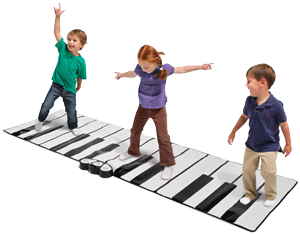
A variety of piano mats are available. They are large interactive keyboards. Most are approximately six feet long. Many can make the sounds of different instruments including guitar, violin, piano and banjo. These devices can be found at WalMart, Target, Amazon and Sharper Image.
Touch Screen Band
Touch Screen Band may allow users to create and record their own music. It comes with ten demo songs and allows users to make their own creations on piano keys and drum set. For more information, visit enablingdevices.com or call 800-832-8697.
Dancing Dots
Dancing Dots offers technology, resources and training for individuals who are blind or have low vision who want to read, write or record music. This company offers many assistive technology solutions, including music translators, Braille displays and screen readers. For more information, visit dancingdots.com or call 610-783-6692.
Beamz C4 Interactive Music System
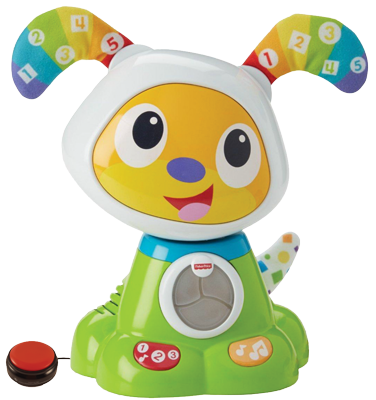
The Beamz is a recreational musical instrument and music entertainment product that allows individuals to make their own music. This is a laser, trigger-based instrument that plays music when the path of each beam is broken. For more information, visit thebeamz.com or call 480-424-2053.
Instrument holders
A variety of instrument holding devices, music stands and grasping aids may assist an individual in experiencing playing their own music. For more information, visit adaysworkmusiceducation.com or call 352-861-0510.
Dance and Move Beat Bow Wow (Switch Adapted)
This toy allows users to press a switch to play songs, lights and dancing. His head bobs, ears wiggle and tail moves back and forth. It has over 25 songs and phrases. For more information, visit adaptivetechsolutions.com or call 918-637-7390.
Farm and Garden
The Green Thumbs, Healthy Joints program (GTHJs) is celebrating 10 years of growing together through accessible agriculture. West Virginia Assistive Technology System (WVATS) started the program in 2007, in conjunction with its partner West Virginia AgrAbility. Funding is provided by the West Virginia Bureau for Public Health, Division of Health Promotion and Chronic Disease.
GTHJs is an accessible gardening program designed to assist West Virginians with arthritis, osteoporosis, other musculoskeletal conditions and joint limitations. The project grew from conversations about finding ways to make gardening more accessible for West Virginians with arthritis.
While the Mountain State has one of the highest rates of arthritis in the nation, there are thousands of farmers and gardeners here who work the land regardless of age, disability or limitation.
Each year, GTHJS selects accessible gardening projects through an application process. Seed money is provided through mini-grants so nonprofit groups can build accessible gardens in community locations. Since its inception, the GTHJs program has funded more than 125 projects. GTHJs groups have created accessible gardens at senior centers, homeless shelters, low-income housing facilities, public parks and community centers. To date, 80% of the counties in West Virginia have had at least one GTHJs project.
Funding has helped cover material costs for construction of adaptive features like raised beds, drip irrigation, accessible pathways and benches. The money also helps pay for gardening-based assistive technology tools — such as ergonomic hand trowels, soil scoops, long-handled pruners and watering wands. GTHJs groups have noted using knee pads, specialty gloves, rolling carts, portable garden stools and other assistive technology to make gardening tasks easier.
Green Thumbs, Healthy Joints encourages community service through volunteerism. For example, there were 24 GTHJs projects during the 2015 and 2016 growing seasons. The projects reported that a total of 426 volunteers donated 4,713 hours of their time to nurture the accessible gardening program.
Some program benefits include learning, socialization, healthy eating and exercise. According to the projects:
- "Being able to grow your own fruit and vegetables is a very powerful lesson."
- "The participants gained support from being with other people and sharing their adventure."
- "[A] resident that normally stays in her apartment has been coming out more and helping water the flowers."
- "The seniors have been able to enjoy the vegetables and herbs harvested from the gardens."
- "The garden is right beside our walking path, so folks could enjoy the garden while moving."
- "The residents are walking outside for the fresh air and the garden. [They] used arm and hand muscles they had not used in a long time."
- "Even 'big kids' love to play in the dirt."
You can find GTHJs program information, an accessible gardening blog and fact sheet series at greenthumbs.cedwvu.org.
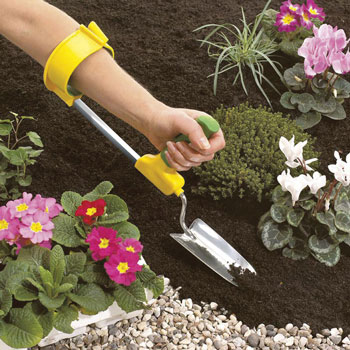
Peta Easi-Grip Trowel and Cuff
The Peta Easi-Grip Trowel is ergonomically designed to help lessen strain while gardening. The trowel has a stainless steel metal section and a soft, non-slip handle. The upright handle makes it easier to work with your hand and wrist in a more natural position. This tool is 10 inches long and weighs 9 ounces. For added support, you can plug a Peta Arm Support Cuff, sold separately, into the back of the Easi-Grip trowel. The cuff is made of molded plastic and aluminum. It shifts weight away from the wrist while offering leverage and arm support. To learn more, visit arthritissupplies.com or call 877-750-0376.
Music Therapy Program
The WVU Center for Excellence in Disabilities (CED) and the WVU School of Music are collaborating on a new Music Therapy program at CED that is open to all ages.
What is Music Therapy?
It is the use of music by a board-certified music therapist to help a person achieve therapeutic goals related to physical, emotional, cognitive and social aspects of life. Music therapy interventions may include creating music, singing, playing instruments, listening to music, moving to music and motivating through music.
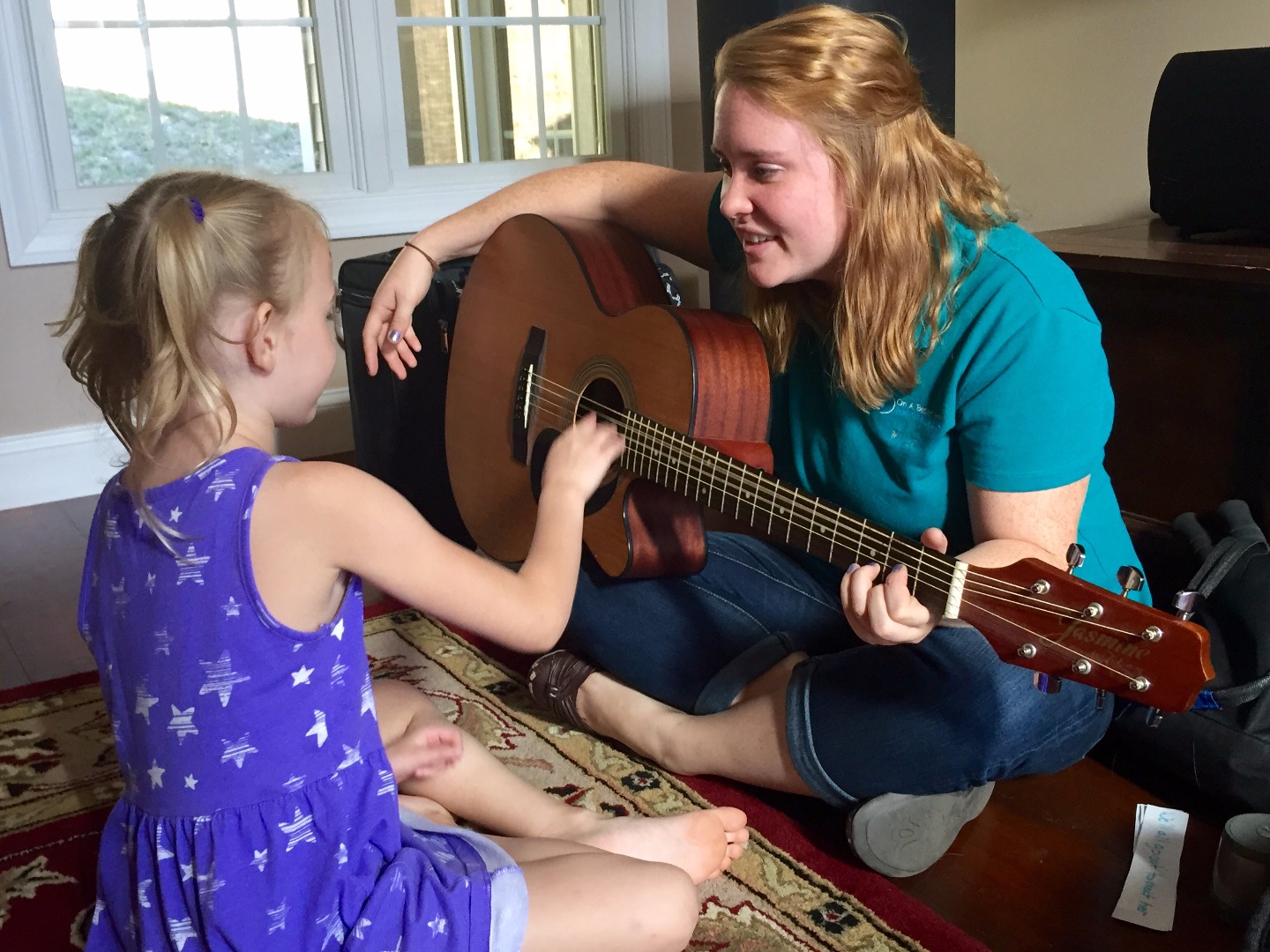
The program has assembled a team of music therapy professionals who can tailor therapeutic goals and interventions on a case-by-case basis to address each client’s strengths and needs. Music therapy goals target a variety of skills: fine and gross motor, behavioral, emotional, cognitive, academic, communication and social skills.
To learn more about the Music Therapy program at CED, visit musictherapy.cedwvu.org. You may call CED at 888-829-9426 (v) or 800-518-1448 (tty), or email the program at musictherapy@hsc.wvu.edu.
Assistive technology can play a part in incorporating music into an individual's life. Switchactivated music toys, iPad mounts, touch screen instruments, Braille music, microphone stands are all examples of assistive solutions to assist music access. For more information on assistive technology and music contact WVATS at 800-841-8436.

